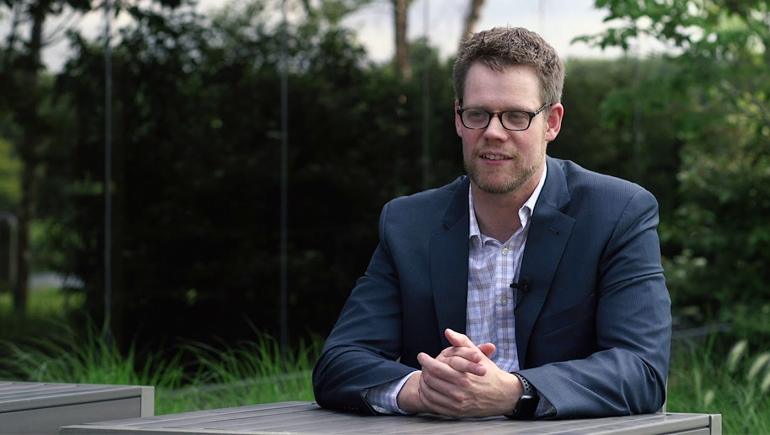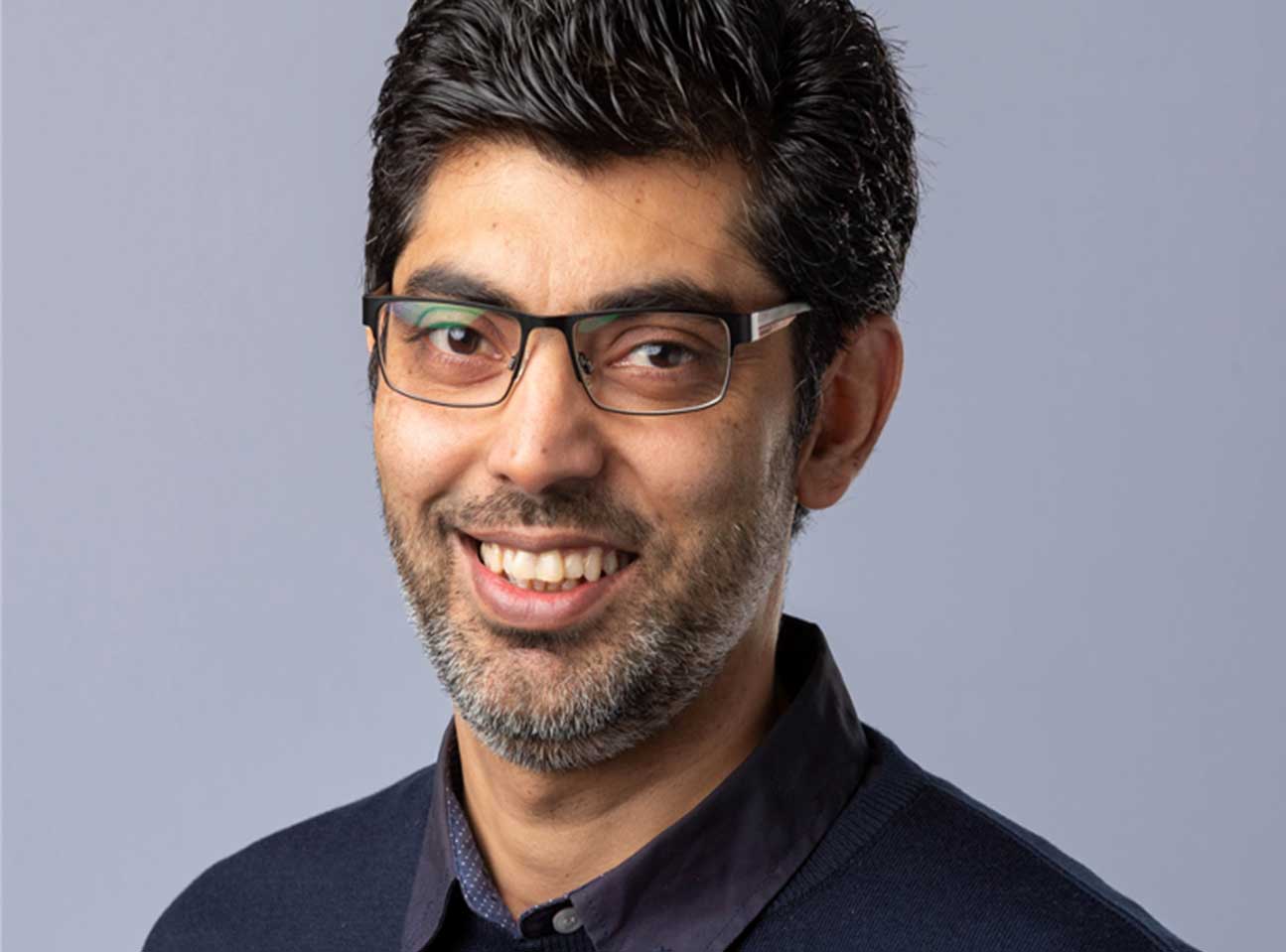
Hear from Ryan as he details the early drug discovery process, from a medicinal chemist’s point of view
Knowing this, Moslin finds value in working on a team that promotes diverse thought, noting it’s key to the early research and development process.
“When I was looking for a job, I knew that I loved medicinal chemistry but had a bit of a unique background,” says Moslin. “When I came to Bristol Myers Squibb, I was really struck by how the senior leaders within the chemistry department were not only open to people with different backgrounds, they actively sought to bring together people with diverse perspectives to collaborate and solve problems that, until that point, didn't have good solutions.”
Click here to watch the video on our YouTube channel.


